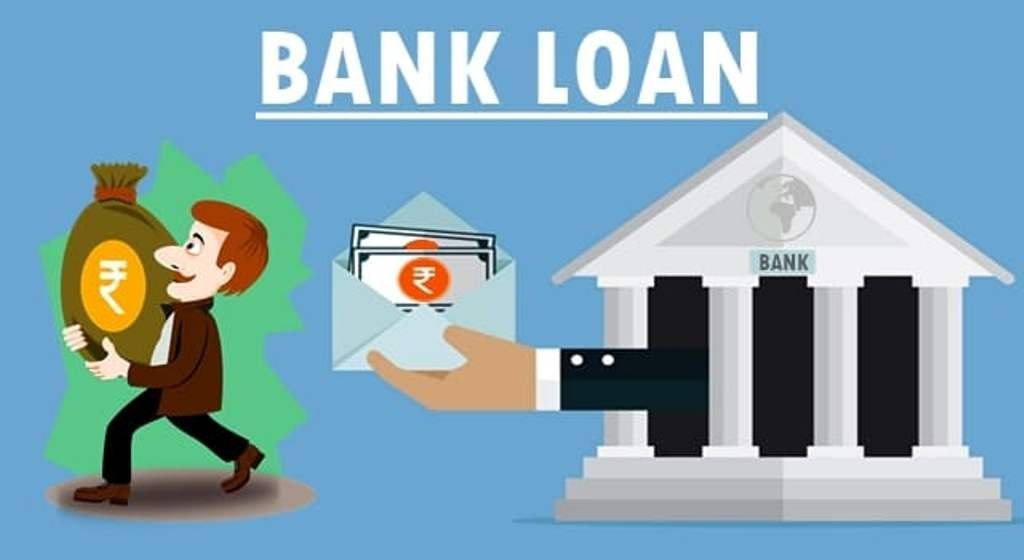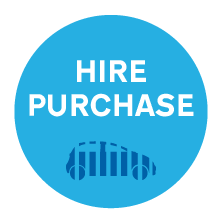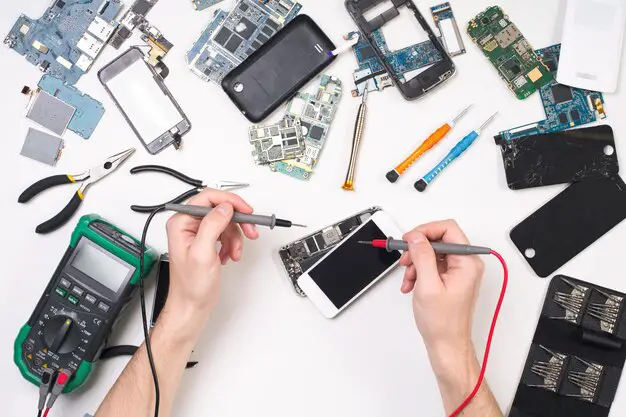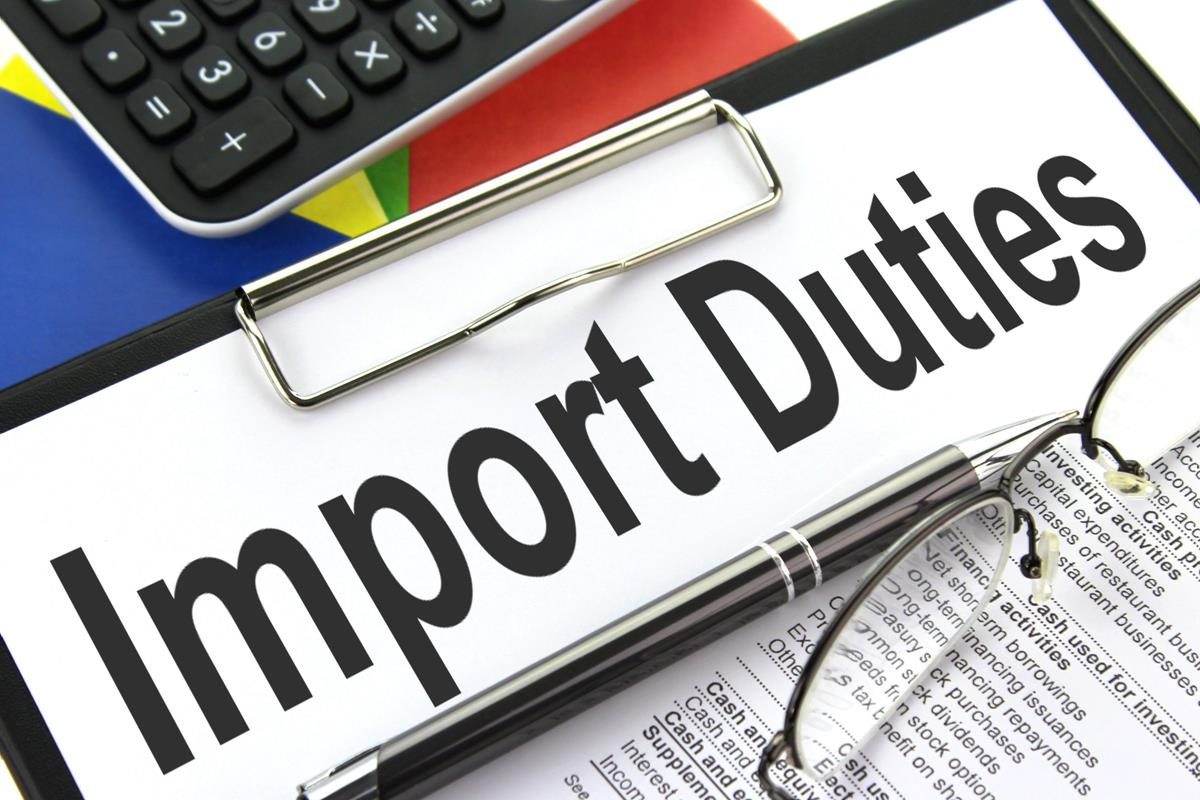How to Negotiate Car Prices at Nigeria Dealerships: A Comprehensive Guide for Smart Buyers
Buying a car is a significant investment, and for many Nigerians, it’s a dream come true. However, the process of purchasing a car, especially from dealerships, can be daunting if you don’t know how to negotiate effectively. At The Price, we understand the importance of making informed decisions, which is why we’ve put together this detailed guide to help you navigate the art of negotiating car prices at Nigerian dealerships. Whether you’re a first-time buyer or a seasoned car enthusiast, this guide will equip you with the tools and strategies to get the best deal possible.
Why Negotiating Car Prices in Nigeria is Crucial
In Nigeria, the price of a car isn’t always fixed, especially at dealerships. Unlike in some countries where prices are non-negotiable, Nigerian car sellers often expect buyers to haggle. This cultural norm means that if you don’t negotiate, you could end up paying significantly more than necessary.
Additionally, the Nigerian car market is diverse, with both new and used cars available. Prices can vary widely depending on factors like the car’s condition, mileage, brand, and even the dealership’s location. By mastering the art of negotiation, you can save hundreds of thousands of naira, which you can use for other important expenses like insurance, maintenance, or fuel.
Understanding the Nigerian Car Market
Before diving into negotiations, it’s important to understand the dynamics of the Nigerian car market. This knowledge will help you make informed decisions and avoid common pitfalls.
1. Popular Car Brands in Nigeria
Certain car brands are more popular in Nigeria due to their affordability, durability, and availability of spare parts. These include:
- Toyota: Known for its reliability and low maintenance costs. Popular models include the Corolla, Camry, and Hilux.
- Honda: Loved for its fuel efficiency and sleek designs. The Honda Accord and Civic are top choices.
- Nissan: Offers a balance of affordability and performance. The Nissan Altima and X-Trail are common.
- Hyundai: Gaining popularity for its modern features and competitive pricing.
- Kia: Known for its stylish designs and value for money.
Understanding which brands are in demand can help you negotiate better, as dealerships may be more willing to offer discounts on less popular models.
2. New vs. Used Cars: Which is Better?
Deciding between a new or used car is a critical step. Here’s a quick comparison:
- New Cars:
- Pros: Come with warranties, latest features, and no history of wear and tear.
- Cons: More expensive and depreciate quickly.
- Used Cars:
- Pros: More affordable, slower depreciation, and wider variety.
- Cons: May have hidden issues and require more maintenance.
If you’re on a tight budget, a well-maintained used car can be a great option. However, always inspect the vehicle thoroughly and request a mechanic’s opinion.
Step-by-Step Guide to Negotiating Car Prices in Nigeria
1. Do Your Research Before Visiting the Dealership
The first rule of negotiation is to come prepared. Before stepping foot in a dealership, research the car you’re interested in. Use platforms like The Price to compare prices, read reviews, and understand the market value of the vehicle.
- Know the Market Price: Check the average price of the car model you want. Websites, forums, and social media platforms like X (formerly Twitter) can provide updated information on current car prices in Nigeria.
- Understand the Car’s History: If you’re buying a used car, ask for the vehicle’s history report. This will give you insights into its mileage, accident history, and maintenance records.
- Compare Dealerships: Visit multiple dealerships or check their prices online. This will give you leverage during negotiations, as you can mention better offers from competitors.
2. Set a Budget and Stick to It
Before negotiating, determine how much you’re willing to spend. Your budget should include not just the car’s price but also additional costs like insurance, registration, and maintenance.
- Be Realistic: While it’s good to aim for a lower price, don’t set an unrealistic budget that could make negotiations difficult.
- Factor in Hidden Costs: Some dealerships may add extra fees for delivery, documentation, or accessories. Ask about these upfront to avoid surprises.
3. Inspect the Car Thoroughly
Whether you’re buying new or used, always inspect the car before discussing prices. For used cars, pay attention to:
- Exterior Condition: Check for scratches, dents, or rust.
- Interior Condition: Look at the seats, dashboard, and controls for wear and tear.
- Engine and Mechanical Parts: If possible, bring a mechanic to inspect the engine, transmission, and other critical components.
For new cars, ensure that the vehicle is in perfect condition and hasn’t been damaged during transportation.
4. Start the Negotiation with a Lower Offer
Once you’re ready to negotiate, start by offering a price lower than your maximum budget. This gives you room to maneuver and allows the seller to counteroffer.
- Be Polite but Firm: Nigerian sellers appreciate respectful buyers, but they also respect those who know their worth.
- Use Your Research: Mention the prices you’ve seen at other dealerships or online. This shows that you’ve done your homework and aren’t willing to overpay.
5. Point Out Flaws or Issues
If you’re buying a used car, use any flaws or issues you’ve identified during the inspection to justify a lower price. For example:
- “The tires need to be replaced soon, so I think the price should reflect that.”
- “The mileage is quite high for a car of this age, so I’d like a discount.”
Even for new cars, you can negotiate based on factors like the availability of newer models or the dealership’s current promotions.
6. Be Willing to Walk Away
One of the most powerful negotiation tactics is being willing to walk away if the deal isn’t favorable. This shows the seller that you’re not desperate and are serious about getting a fair price.
- Don’t Rush: Take your time to think about the offer. If the seller senses urgency, they may be less willing to lower the price.
- Explore Other Options: If the dealership isn’t budging, consider visiting other sellers or waiting for a better deal.
7. Negotiate Extras and Add-ons
If the seller isn’t willing to lower the price significantly, try negotiating for extras like:
- Free Maintenance Services: Some dealerships offer free servicing for a certain period.
- Accessories: Ask for free or discounted accessories like car mats, seat covers, or a spare tire.
- Warranty: For used cars, request an extended warranty to cover potential repairs.
8. Finalize the Deal in Writing
Once you’ve agreed on a price, ensure that all terms are documented in writing. This includes:
- The Final Price: Clearly state the agreed-upon price.
- Payment Terms: Specify whether you’re paying in full or through installments.
- Delivery Details: Confirm when and where the car will be delivered.
- Warranty and Return Policy: Ensure that any warranties or return policies are clearly outlined.
How to Spot a Good Deal
Not all deals are created equal. Here’s how to identify a genuine bargain:
1. Check the Car’s Depreciation Rate
Some cars lose value faster than others. For example, luxury cars tend to depreciate quicker than economy cars. Research the depreciation rate of the car you’re interested in to ensure you’re not overpaying.
2. Look for Certified Pre-Owned (CPO) Cars
Many dealerships offer certified pre-owned cars that have been inspected, refurbished, and come with warranties. These cars are often a great middle ground between new and used vehicles.
3. Compare Prices Across Platforms
Use online platforms like Jiji, Cars45, Autochek, and even social media marketplaces to compare prices. This will give you a better idea of the car’s market value and help you spot overpriced listings.
Negotiation Tactics for Specific Scenarios
1. Negotiating for a Used Car
- Ask for Maintenance Records: A well-maintained car is worth more, but if the records are incomplete, use this as a bargaining point.
- Check the Vehicle Identification Number (VIN): Use the VIN to verify the car’s history and ensure it hasn’t been involved in accidents or stolen.
- Factor in Repair Costs: If the car needs repairs, estimate the cost and deduct it from the asking price.
2. Negotiating for a New Car
- Timing is Key: Visit dealerships at the end of the month or during holiday sales when they’re more likely to offer discounts to meet sales targets.
- Ask for Dealer Incentives: Dealerships often receive incentives from manufacturers for selling certain models. Use this to your advantage.
- Consider Last Year’s Model: If you’re okay with not having the latest features, you can often get a great deal on last year’s model.
Financing Options for Car Buyers in Nigeria
If you’re not paying in full, understanding your financing options is crucial.
1. Bank Loans

Many Nigerian banks offer car loans with competitive interest rates. Compare offers from different banks to find the best deal.
2. Dealership Financing

Some dealerships offer in-house financing, which can be convenient but may come with higher interest rates. Always read the terms and conditions carefully.
3. Hire Purchase

This option allows you to pay for the car in installments over a fixed period. However, you won’t own the car until the final payment is made.
4. Savings and Cooperative Societies

If you’re part of a cooperative society, you may be able to access low-interest loans for car purchases.
Common Scams to Watch Out For
Unfortunately, the Nigerian car market is rife with scams. Here’s how to protect yourself:
1. Fake Dealerships
Always verify the legitimacy of a dealership before making a payment. Check for physical addresses, reviews, and certifications.
2. Cloned Cars
Some sellers clone the VIN of a legit car to sell stolen vehicles. Always cross-check the VIN with the National Vehicle Identification System (NVIS).
3. Overpriced Cars
Some sellers inflate prices, especially for popular models. Use platforms like The Price to compare prices and avoid overpaying.
4. Payment Scams
Never make full payment before inspecting the car. Use secure payment methods and avoid cash transactions whenever possible.
Post-Purchase Tips
Once you’ve successfully negotiated and purchased your car, here’s what to do next:
1. Register the Car
Ensure the car is properly registered with the appropriate authorities to avoid legal issues.
2. Get Insurance
Car insurance is mandatory in Nigeria. Compare policies from different providers to find the best coverage at an affordable price.
3. Regular Maintenance
Keep your car in good condition by following the manufacturer’s maintenance schedule. This will save you money in the long run.
4. Join Car Owner Communities
Joining online or offline communities of car owners can provide valuable tips, support, and resources for maintaining your vehicle.
FAQs About Negotiating Car Prices in Nigeria
1. Can I negotiate prices for new cars?
Yes, even new car prices are negotiable, especially during promotions or when buying in cash.
2. How much discount can I expect?
Discounts vary, but you can typically negotiate 5% to 20% off the asking price, depending on the car and dealership.
3. Is it better to buy from a dealership or a private seller?
Dealerships offer more security and often provide warranties, but private sellers may offer lower prices. Choose based on your budget and risk tolerance.
4. What documents should I check before buying a car?
Ensure the car has a valid proof of ownership, customs papers (for imported cars), and a roadworthiness certificate.
By following this comprehensive guide, you’ll be well-equipped to negotiate the best possible price for your next car purchase in Nigeria. At The Price, we’re committed to helping Nigerians make smart financial decisions. Whether you’re buying a car, comparing prices, or looking for money-saving tips, we’ve got you covered. Happy car hunt



Leave a Comment